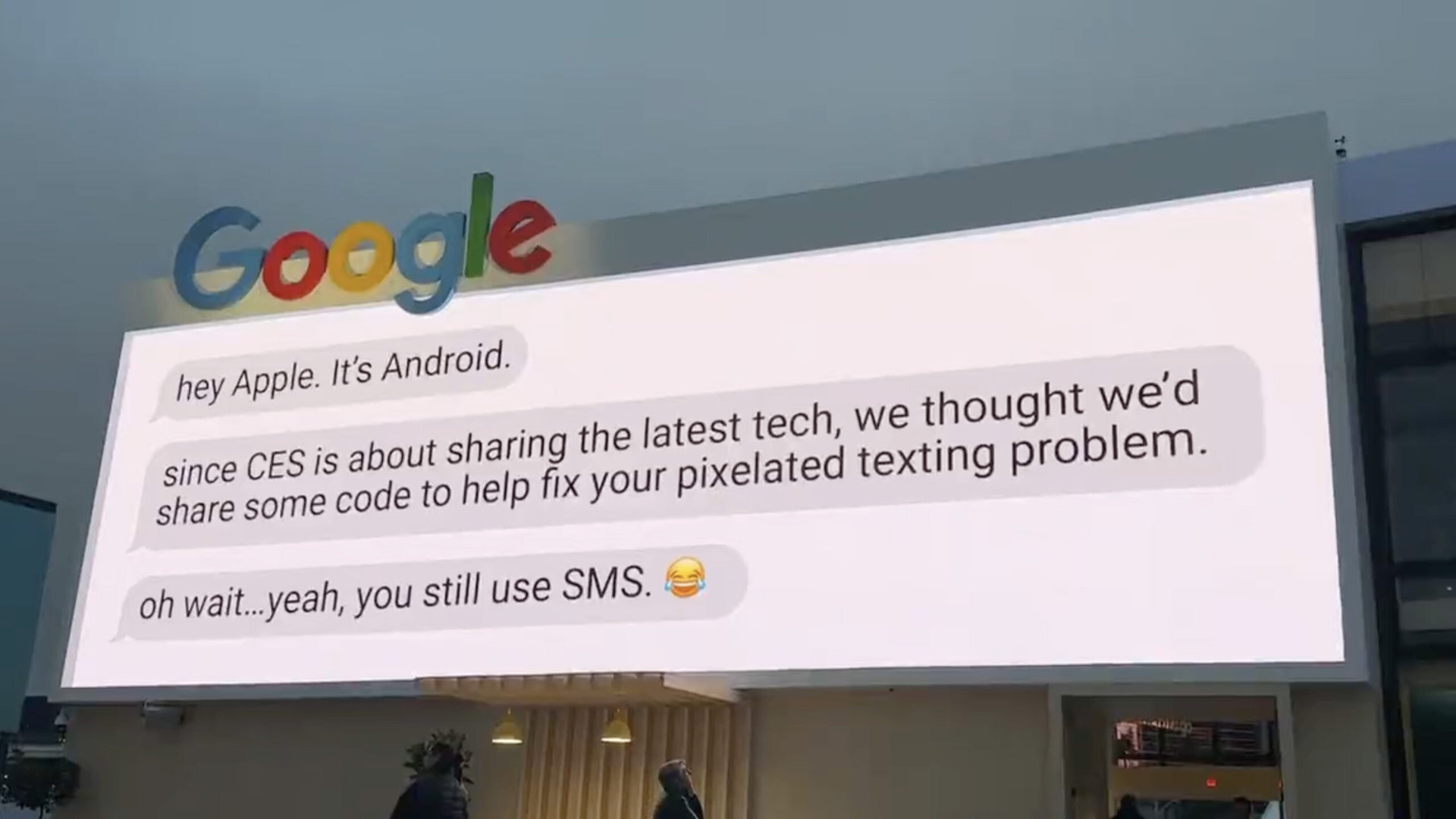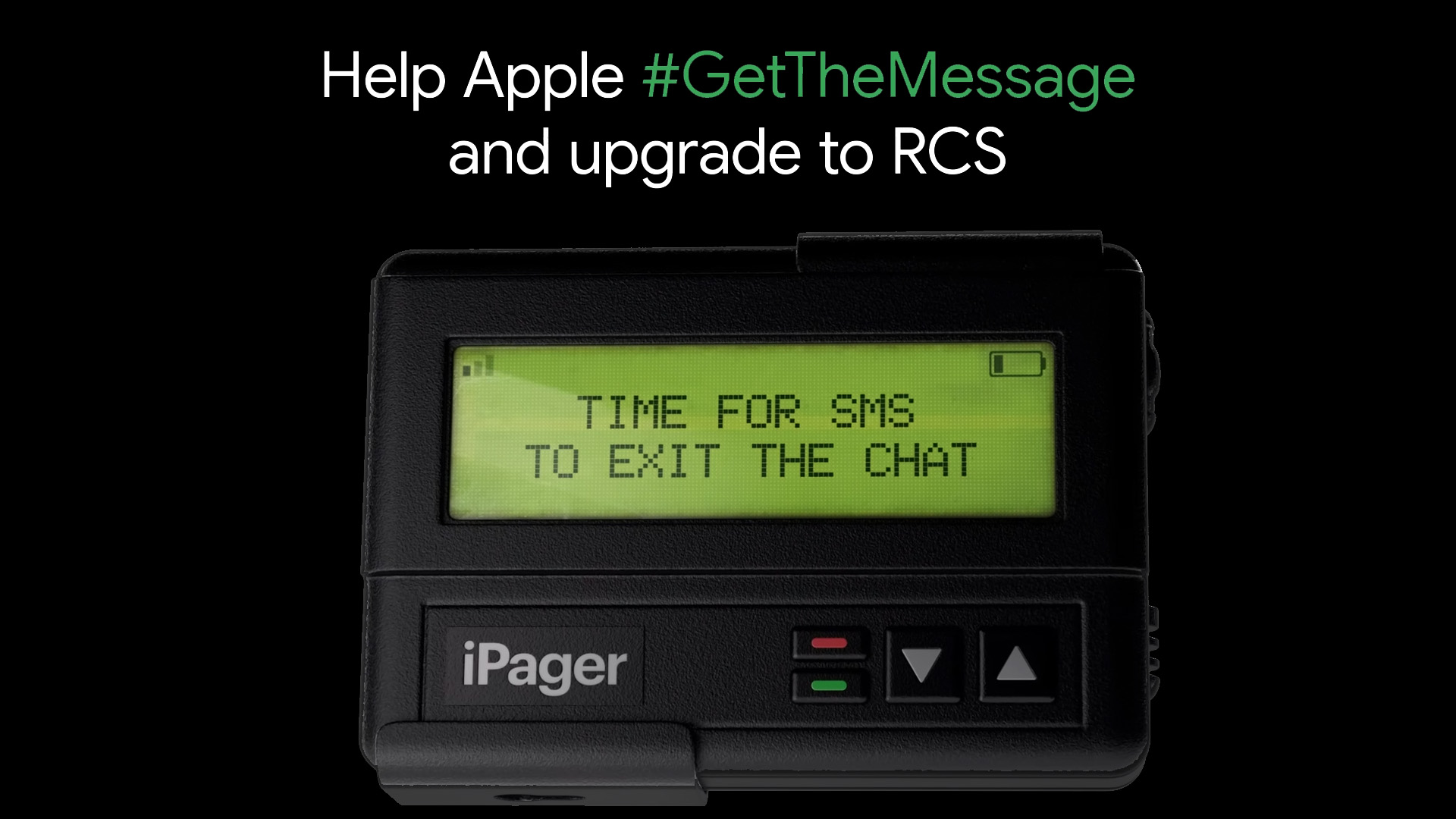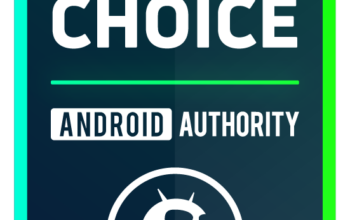Another week, another Google campaign pushing Apple to “get the message” and adopt RCS messaging. The first one was fine, the second funny, the third cute, but the nth one now? I’m sorry, Google, but there’s a smell of desperation in the air, and I don’t think that’s a good look for a 1.65 trillion dollar company, no matter how badly you want Google Messages to succeed.
From a spectator’s point of view, it feels like watching a trainwreck in slow motion. Or a movie about a kid asking another kid to be friends over and over and over again, and getting repeatedly ignored. It’s sad. Your heart aches; you want to scream, “They just don’t want you in their lives, get a clue and move on!” but you can’t stop it from happening again.
Perhaps, though, more than the desperation of it, it’s the pointlessness that gets to me. What’s the goal of these repeated campaigns? And more importantly, who’s the target? Because a relentless public campaign must have a target, though I keep running every scenario in my head and I’m not sure I have a convincing answer for that yet.
A pointless campaign with a pointless target

Google’s RCS campaign target can’t possibly be Apple, can it? I’m sure Cupertino’s higher-ups already know what they’re doing with their iMessage and green bubble strategy and I’m sure they’re perfectly aware of all the benefits (read: 🤑) that phenomenon is bringing them among younger — and even older — generations of users around the world. But especially in the US. This year, Apple snapped 55% of the US market share in Q2, a quarter during which it didn’t launch any new phones and Samsung introduced its latest Galaxy S23 series. Q2 is when Samsung usually gets back a bit of sales share, but it couldn’t this year because the Apple appeal is too real in the US now.
A public campaign can’t possibly convince Apple to make a change; it’s clearly not in its best financial interest to adopt RCS. And if Google needed to negotiate with Apple, a direct approach might work better. There’s precedence there too. We’ve seen Apple and Google put their differences aside many times over the last decade and come to an agreement on some interoperability. COVID’s exposure notification API, unknown AirTag and Bluetooth tracker alerts, and the Matter smart home standard are proofs that the lines of communication between the two juggernauts are open and “getting the message” across in person is better than making a billboard of it in Vegas.
It’s in Apple’s best interest to not ‘get the message’ and keep iMessage away from RCS. A public campaign won’t change that.
If not Apple, then would the campaign’s target be Apple users? Again, that doesn’t seem right. Apple users couldn’t care less about “poor” Android users as proven by thousands of social media posts and videos. They don’t care if your bubble is green, or your video is pixelated, or about how to properly communicate with you. And those that really do will make the effort to install WhatsApp, Telegram, Signal, or any of the dozens of messaging apps to reach you. A campaign won’t change any of that.

Could it be regulators like the US FCC or the European Commission? The campaign does bring up the issue of security and interoperability, so Google could be silently pressing for regulation as a solution behind the scenes. We’ve seen the European Commission already ask messaging services to play nice with each other. But then again, why is a public campaign necessary for that? Direct communication with regulators would be faster, wouldn’t it?
Maybe the goal is to stop bleeding Android users to Apple in the US.
This leaves us with… Android users?! Are current Android users the target for this campaign? Is the goal to show Apple as the bad guy who doesn’t want to play nice, and harp on about the benefits of RCS? Maybe. Maybe it’s all about keeping current Android users attached to their Android phones and telling them that the green bubble and pixelated videos are not their fault, they’re Apple’s. That doesn’t move the needle forward, though, it’s just a hopeless effort to keep it from rolling backward. Might as well tell them to get Beeper to use iMessage on Android; that’s a better fix.
RCS is a solution to a mess Google created
Look, we can’t sit here and nod and clap every time Google flaunts the benefits of RCS in a tweet, a video, or a presentation. I’m sorry. Yes, RCS is better than SMS, that’s undeniable, but there are better messaging options out there. If RCS was the end-all, be-all of communication, it would’ve been ubiquitous and unavoidable by now. Like Google Search is — or even Maps or Chrome to a lesser degree.
If RCS was the end-all, be-all of communication, it would’ve been ubiquitous and unavoidable.
Instead, Apple designed a better solution, WhatsApp designed a better solution, and Telegram designed a better solution. All closed, yes, but more capable. There are now dozens of other ways to communicate with people — and whose fault is that? Those services wouldn’t have existed, blossomed, or gained this much traction amongst millions of people, had there been a proper cross-platform Google Goliath alternative out there. Google had a thousand chances to create a ubiquitous messaging strategy across platforms, it had a proper base with Google Talk (later Hangouts) to build from, but it kept trying to reinvent the wheel until it squandered its headstart and was left miles behind.
RCS is a solution to a problem that should not have existed, and it’s sad to see Mountain View hoplessly making last-ditch efforts for two years now to remain relevant in the messaging scene. This is it, this is desperation; if RCS doesn’t work, what’s the alternative?



